Fatigue is a natural part of the game. So, the aim should be to enjoy your game.
Physical fatigue is when your body doesn’t answer, when you lose the confidence to win.Fatigue can be both physical and mental.
No matter, if you are an amateur or a pro, getting tired will affect your performance and effectiveness. Any sport you play requires physical fitness which inculcates body balance, responsiveness, quickness and most important of all stamina.
The best way to find out the reason behind is to observe how you get tired rather than when you get tired. Focus on which moves or which part of the play tires your body.
1. Warm upAs a sportsperson, both warming up and cooling down after your match is quintessential. A warm-up before the game helps your body prep for the match.
And a cooldown helps you recover from the tough game. This also helps you build up your stamina.
2. Psychological enduranceWhen we talk about stamina, it can be physical stamina or physical strength and mental stamina or psychological endurance. The solution is to avoid a game where your confidence is low.
You will have to spar slowly to learn comfortably.In other terms, don’t get into the deep water before you have started learning how to swim.
So, when you get into a game, don’t focus on saving energy instead spend energy to play. Your mind is going to be weary thinking about saving energy during the play.
Play effectively and for a beginner, pay attention to playing smart rather than conservatively or toned-down.
Diet plays a big role for any person on Earth , let alone an athlete. You ought to watch what you eat. Ensure that you eat 2-3 before you sleep at night. Go for a brisk walk after meals. 20 minutes after a meal, go for walks.
Sip hot water early in the morning or during the day. This will improve your digestion and metabolism which in turn help you build stamina.
Protein is the key – boiled eggs, pulses.Consider eating good fat like dark chocolate, flax seeds. A 5 –meal routine will help you with your metabolism as well. Eat in small portions.
Watch your sodium intake since you lose sodium so much of it while sweating. And the deficiency in sodium might lead you to dizziness and lightheadedness.
Most of all, avoid quick fixes like caffeine or energy drinks (contain sugar). Take in carbs (pasta, brown bread) to have a steady stream of energy.
4. Breathing practices/ Mouth breathingAlways consider breathing during a game.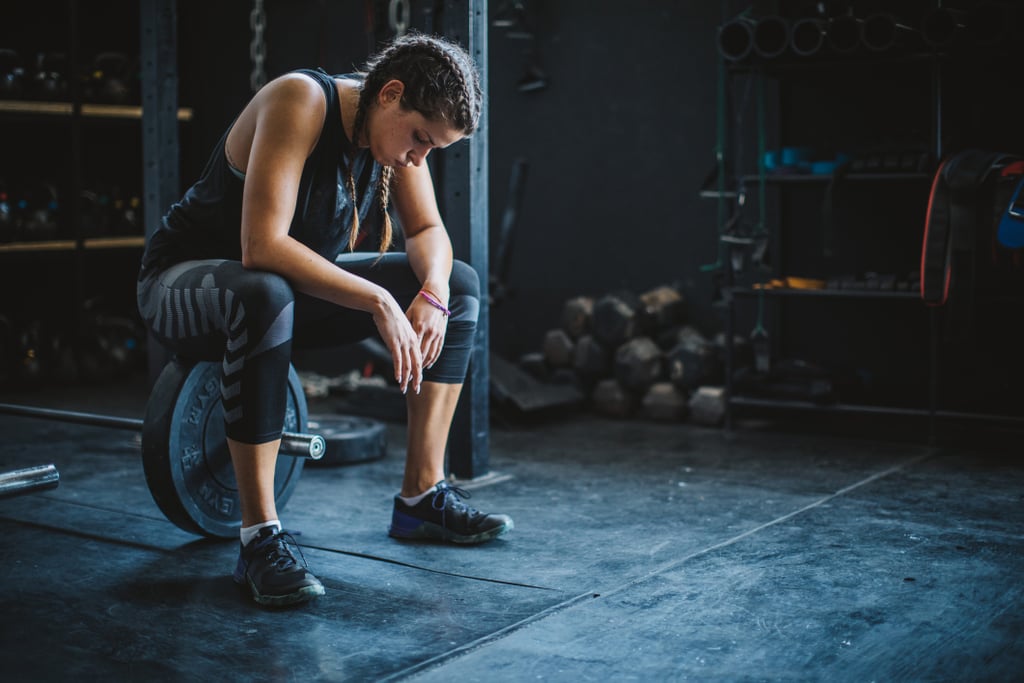 Breathing practices are necessary for the body to intake oxygen. When you breathe, the oxygen is converted into energy.
Breathing practices are necessary for the body to intake oxygen. When you breathe, the oxygen is converted into energy.
Players usually get tired due to oxygen deficiency. The fix is to avoid playing harder than your breath. Your cardiovascular endurance is your body’s breathing capacity.
Establish a breathing rhythm and learn this technique – Inhale and then hold your breath for 8 seconds. Then exhale slowly. Repeat this 2-4 times.While running, it is advisable that you breathe with your mouth. Mouth breathing helps bring a lot more amount of oxygen than your nose.
Try cardio exercises (jumping rope) and endurance workouts. Doing more cardio increases the oxygen intake of your body.
5. PracticeThe most essential element of this process is “Practice”. Even world-class players stress on this. Your body once used to the time of practice, the rigorous amount of playing sessions will help you cope with the bodily stress.
Or else, you will feel your muscles getting tired and sore faster. Learn the right technique of the game while practising.
Build a strong core body. Consider doing sit-ups rather than push-ups. Work out on your core strength 2-3 times a week. Since all your power is generated by the core, the limbs are connected to it.
Conclusion:Getting tired is a part of the game but getting tired during a game is half the excitement.
Total
Shares
A Drifter for now, free thinking and observant. An animal lover especially my pets.I believe in honesty. I'm detail oriented which can be annoying at times.
Soccer is a demanding game, both physically and mentally. You’re on the move for a full 90 minutes, which means you’ll need great physical conditioning.
You’re on the move for a full 90 minutes, which means you’ll need great physical conditioning.
That’s not all, you’ll be making decisions and solving problems throughout a game as well.
This combination is tiring, but we’ve got some tips for playing soccer without getting tired.
Some key points we’ll cover today are:
To play soccer without getting tired, you’ll want to work on your stamina. Stamina is the ability to go through prolonged physical and/or mental effort.
So, good stamina is a key factor for playing a demanding game like soccer.
Let’s look at 5 ways to improve stamina for soccer:
If you work on these 5 areas, you’ll be prepared to play soccer without getting tired.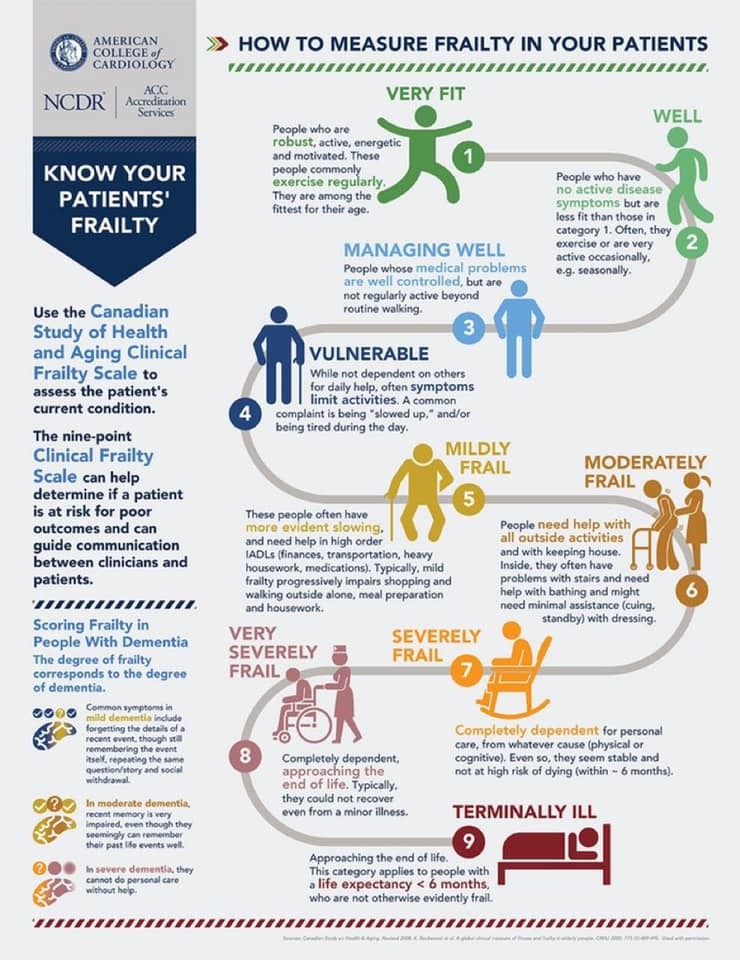
Please note, these areas aren’t listed in order of importance. We think all 5 are equally important.
Jogging long distances might be good for building overall stamina, but we want a better way to build soccer stamina.
Think about how you move on the soccer field during a game. You’re jogging, sprinting, turning, and jumping, etc.
These movements are more varied than just jogging.
So, you’ll want to do exercises that mimic your movement on the soccer field. Once your body becomes familiar with such movements, your stamina for soccer will improve.
Think about it this way. If you jog at a steady pace for 1 hour, your body will get familiar with that activity. It’ll become good at it.
But then if you play soccer, you’ll be doing a completely different activity level. Jogging at a steady pace won’t fully prepare you for those short sprints and other movements during a game.
Now, that’s not to say that jogging isn’t good. It’s just not the optimum exercise for soccer. Those soccer movements will make you tired quickly if your body isn’t familiar with them.
It’s just not the optimum exercise for soccer. Those soccer movements will make you tired quickly if your body isn’t familiar with them.
So, targeted exercises for soccer are the best way to improve your stamina for playing games.
To get an idea of targeted exercises, check out the video below:
If you play soccer, you’ve likely heard the term game fitness. This means getting enough game time so that you can play at the best possible level for 90 minutes.
Think about when a player hasn’t played soccer for a while. Maybe they’re coming back from injury.
The coach will likely start them off with 20 minutes of game time, and then build them up to the full 90 minutes from there.
That’s giving the player game time, and it allows them to build game fitness.
So, to improve your stamina for soccer, you’ll want to get game time.
Training with targeted exercises is a great way to build stamina. But nothing beats playing a real game to prepare your body for the physical demands of soccer.
Of course, all these things should be done together for the best results.
Along with your training, you’ll want to get as much game time as possible. That’ll set you up for success.
Game time not only builds your physical stamina, but it also builds your mental stamina. Let’s take a closer look at mental preparation now.
As well as physical preparation, you also need mental preparation for soccer to improve your stamina.
Think of soccer as decision-making and problem-solving in a physically demanding environment. You need to use your brain to make decisions and solve problems.
Using your brain also burns energy and affects stamina.
So, you’ll want to train your brain for soccer, just like you train your body. A good way to do this is to train smart.
That involves focusing on decision-making and problem-solving during your training sessions.
To work on mental preparation, it’s good to simulate real-game situations when you’re training. This will get you familiar with different situations on the soccer field.
If you’re mentally prepared for different situations, you won’t have to think as much during a game. It’s about making your decisions second nature.
You can do things on the soccer field without having to consciously think about them.
When you prepare mentally in training, it helps you to make decisions and solve problems without using too much energy thinking about them. This means your stamina will improve because your brain isn’t working as hard to make decisions.
Of course, playing a game is a more intense version of that.![]() So, game time is important for mental preparation as well.
So, game time is important for mental preparation as well.
Watch this video for tips on mental preparation (it’s quite long):
Diet and hydration are important for everyone. But they’re especially important for a physically and mentally demanding game like soccer.
You want to feed your body with the best fuel to help improve your stamina.
Try to eat 3-4 hours before a game. It’ll give you time to digest your meal.
Playing soccer on a full stomach isn’t comfortable and can lead to cramps. Also, digesting food takes energy, which will affect your stamina during a game.
In your diet, you’ll want to get the right balance of carbohydrates, fats, and proteins.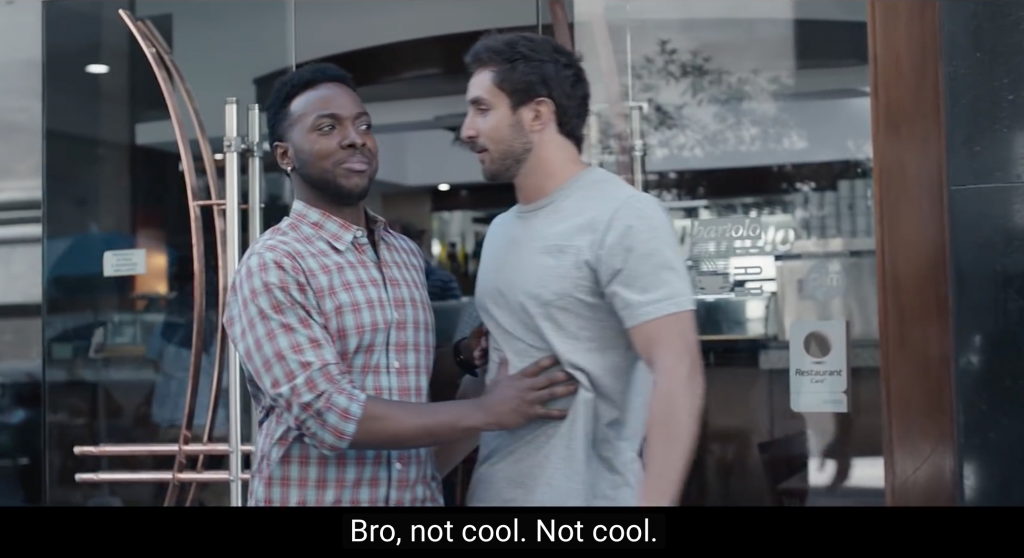 The ideal soccer player’s diet is 60% carbohydrate, 25% fat, and 15% protein.
The ideal soccer player’s diet is 60% carbohydrate, 25% fat, and 15% protein.
Cristiano Ronaldo follows a strict diet that’s helped him stay at an extraordinary level for so many years.
For carbohydrates, he prefers fresh, whole-grain bread and pasta. He also eats plenty of fruits and vegetables.
Avocado is a healthy source of fat, so it’s a good choice for soccer players.
Ronaldo’s main source of protein is fish and eggs, with an occasional steak. And he supplements his protein with protein shakes.
He stays away from sugary drinks, preferring water instead. Check out this famous clip from Euro 2020 to see for yourself:
It’s super important to stay hydrated for soccer, so follow Ronaldo’s example and drink plenty of water.
Soccer players should drink about 7-14 ounces of water 10 minutes before kick-off. And during the half-time break, you should drink about 10 ounces of a sports drink to replenish electrolytes.
In hot-weather training sessions, you should drink about 5 ounces of water every 20 minutes.
Staying hydrated will help your heart fuel your muscles, helping your physical stamina. And it’ll keep your brain functioning at the best level, meaning your mental stamina won’t suffer.
It’s important to warm up before any exercise, and soccer is no different. Warming up before a game or training helps your body prepare for physical activity. If you watch soccer, you’ll notice that players always warm up before a game.
This raises your body temperature and gets your muscles warm. Warm muscles help to prevent injury because they’re more elastic and absorb shock better.
Also, warming up helps your circulation. This means your body will be better at getting oxygen to your muscles, which helps to improve your stamina.
And let’s not forget about the mental side of warming up. It gets your body and brain working together and preparing for the game.
You might have heard the saying: Get your head in the game. Warming up helps you with that.
If you’re focused before a game, it’ll help with your mental stamina.
So, warming up helps you improve your physical and mental stamina for soccer.
You can get warm-up ideas from this video:
Those are our 5 areas to focus on if you want to play soccer without getting tired. Follow these and you’ll improve your physical and mental stamina for soccer.
But please remember that rest is important, too. You don’t want to overdo it. Find the right balance for the best results.
Sharing is caring :)
January 24, 2021Sports & Fitness
Try these approaches and you won't have to force yourself anymore.
Iya Zorina
Author of Lifehacker, athlete, Candidate Master of Sports
Share
0I train three times a week and skip workouts only if I get really sick. Even when I broke my little finger on my right hand, I continued to go to the gym: pulling up with a barbell strap and doing burpees on one arm (it was tough!).
I'm not a professional athlete, I don't prepare for competitions and I never force myself to go to the gym because "it's necessary". It’s just that I love CrossFit so much that I’m happy to come to training. This does not mean that CrossFit is so good that it will definitely make you fall in love with the sport. On the contrary, it will horrify many.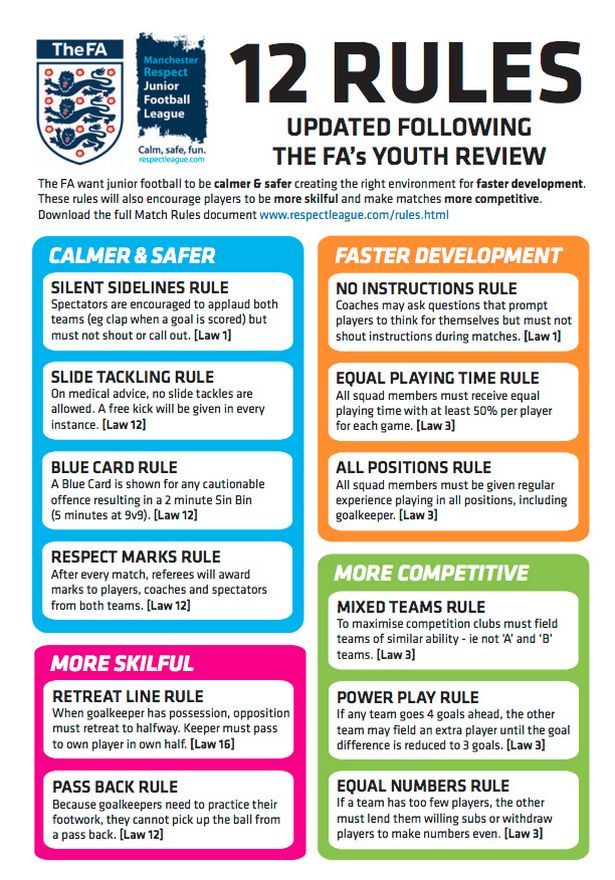
Try as many sports as possible until you find yours. Don't stop - it definitely exists.
Before finding CrossFit, I tried dancing, running, karate, yoga, swimming, cycling, rock climbing, weight training in the gym. Everywhere there was something attractive, but in the end it got boring. So if you've only tried running or strength training and aren't happy, keep looking.
Starting with friends is much easier and more fun. All uncomfortable moments will become a reason for laughter, you will feel more confident and free.
Not only will you keep each other occupied between sets, but you will also have extra motivation. If you agreed to meet at the gym, you can’t just take it and not go.
If you don't have friends who would like to play sports, find a coach.
If you find your coach, he will not only monitor your technique and help you achieve your goals, but also chat with you between sets.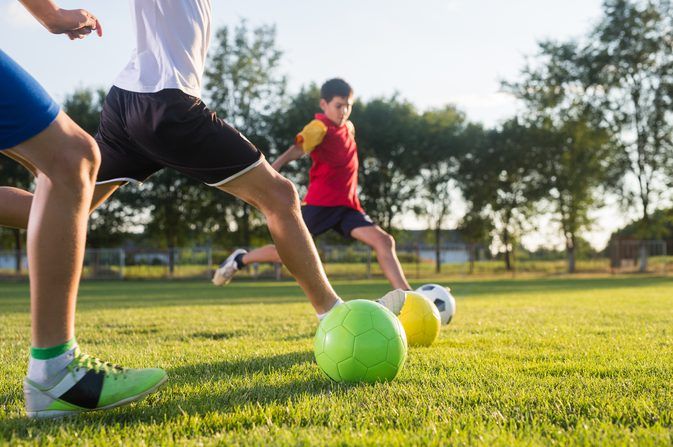 Friendly communication and fun is a huge bonus that will keep you coming to workouts.
Friendly communication and fun is a huge bonus that will keep you coming to workouts.
In addition, you may feel ashamed of missing workouts. Even if the coach doesn't yell at you like a corporal from American movies, you will still feel some obligation.
You don't feel right without training. Well, if you don’t come once or twice, then either the coach will remind you, or teammates (I go in for a team sport).
Sergey Varlamov
Head of Lifehacker's distribution department
Advice: find out if the coach has a higher specialized education or has just completed a two-week course, what is the experience of coaching, is there any merit in sports. You need to know who you trust with your health.
If you have firmly decided to do without a coach, before going to the gym, make a training program.
Most beginners just walk back and forth, sometimes grabbing the projectiles that caught their eye: approach here, approach there. Beginning runners don't warm up, they run as long as they can, and then, out of breath, with a pulse under 180, they stop and just stand with their hands on their knees.
Beginning runners don't warm up, they run as long as they can, and then, out of breath, with a pulse under 180, they stop and just stand with their hands on their knees.
Any training is a new world with its own peculiarities and rules. Before entering it, get the necessary information.
Come to the gym with a ready-made program and basic knowledge of technique, to the stadium or to the pool with an idea of warm-up and cool-down. When designing a training program, be sure to keep your goal in mind. This will help to hold out until the first results.
Once you have found a sport that inspires you, define what you want to achieve. If it's a strength sport, you can set yourself a weight goal, like doing a 100kg deadlift, if CrossFit is going out on rings, 10m arm walk, if running is running 10k or 100m in 10 seconds.
Your goal could be belts, distances, looks, anything. Just set specific goals.
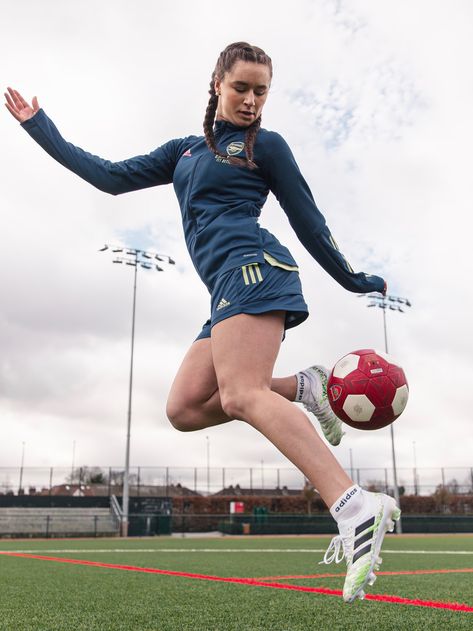
Buying sportswear and equipment is not an attempt to force yourself to exercise, sparing the money spent. This does not work.
Sportswear is needed to:
Swimming without good goggles, exercising in sweat-soaked cottons and constantly adjusting the wrong bra is a real torment. At the end of the workout, you will curse the most beautiful, but interfering clothes.
Even if you're exercising at home, sportswear can help make exercise habits. Spend a few classes in it, and things will begin to be associated with physical activity. Now, to tune in to a workout, you just need to put on your sports attire.
Everyone knows that exercise is good for health, but it's not very motivating.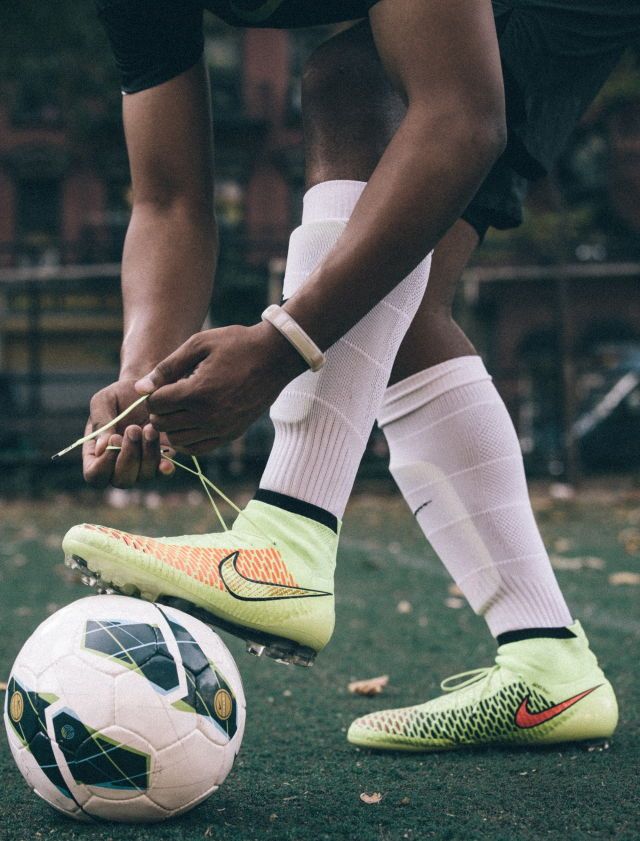 When you're young and in good health, potential health issues aren't particularly touching: you can't post stamina and heart health on Instagram*, you don't even really feel them, at least when you're at rest.
When you're young and in good health, potential health issues aren't particularly touching: you can't post stamina and heart health on Instagram*, you don't even really feel them, at least when you're at rest.
Appearance is another matter. This is what drives most people to gyms and stadiums. If you, like almost anyone, want to look good, hang on until you see the first results, and then you will have a strong motivator.
Feeling and mood is better, tone, cheerfulness, thinking is clearer. Gamification: goal setting and achievement - passion. Measure the bitsukha with a centimeter - it warms. Look in the mirror and say to yourself: “Wow, healthy!” - also nice. Well, even without training, it starts to seem to break.
Sergey Suyagin
Creator of Lifehacker
The human body is subject to biorhythms, and each has its own. Some people like to exercise in the evenings, after work, others are more suitable for morning workouts.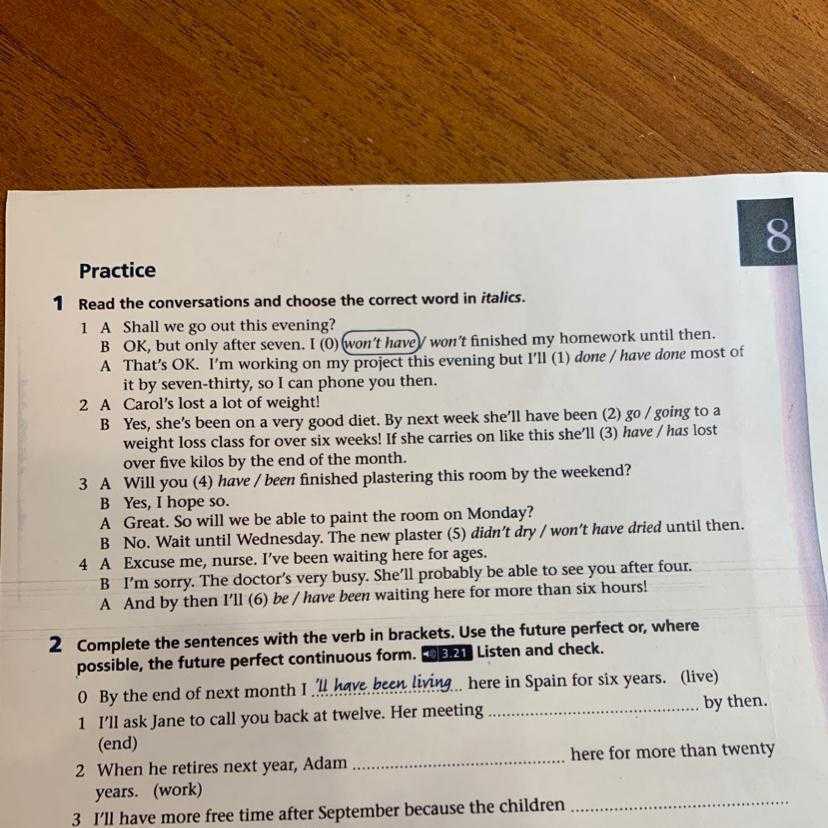 Try both.
Try both.
If your job doesn't allow you to exercise in the morning or afternoon, try on a day off. Perhaps Saturday's workout will become your favorite.
Small rituals help reinforce the habit. From the very first session, create your packing ritual: charge your phone, create a workout music playlist, pack your things and a flask of water. The next time you don't feel like going to a workout, just follow your gathering ritual and your mood will change.
If you still don't want to go to class after getting ready, promise yourself to work out for just 10 minutes. Only 10 minutes, and then you will go home with a sense of accomplishment, because a short workout is better than no workout.
Go with that promise and you are guaranteed to get through the usual 40-60 minutes. The main thing is to drag yourself into the gym or pull it out into the street, and then you will fall into the flow and the body itself will want to train further.
At first you just go to classes for some purpose, and then you just can't help but train.
First of all, if I don't go to training for a long time, my back hurts. Well, when it hurts, you will go like a pretty one. Secondly, if I do not exercise regularly, an exacerbation of depression comes to me faster. Therefore, when I safely crawl out into remission, I am so afraid that depression will return that I am ready to go anywhere and for whatever reason.
Anastasia Pivovarova
author of Lifehacker
The main thing is to hold out for the first two or three months, and then you simply won't be able to do without training.
Read also 🏃♂️💪🚴♂️
*Activity of Meta Platforms Inc. and its social networks Facebook and Instagram are prohibited in the territory of the Russian Federation.
and its social networks Facebook and Instagram are prohibited in the territory of the Russian Federation.
This is a text about how footballers train. We also have material about 17 official rules of the game, without knowing which you should not enter the field.
Contents
Why is exercise important?
What does football training consist of?
How often should I exercise?
It is often said that it takes 10,000 hours of practice to master any discipline, be it piano, golf or, in our case, football. To play with the ball at the highest level, you will most likely need even more. Top athletes spend four to five hours at the club's training facility from Monday to Friday, if the game schedule allows them.
The matches we see on TV are only a small part of what happens outside the frame. Football players spend many times more time on the training fields and in the gym. Achieving a result in the most popular game on the planet requires hard work and discipline from an athlete, regardless of where he performs - in the Premier League or the yard championship.
Football players spend many times more time on the training fields and in the gym. Achieving a result in the most popular game on the planet requires hard work and discipline from an athlete, regardless of where he performs - in the Premier League or the yard championship.
Training is a determining factor in the development of football players who want to reveal their potential and improve their skills. For players, aspiring coaches, and parents of young athletes, it is important to know what a typical ball practice session consists of. We have compiled a short guide to a typical football practice.
If you want to improve your game, there is no alternative to training. Only a mediocre athlete, for whom development in football does not matter, can come to the match without doing anything from the last game. Training keeps you on your toes to keep you energized throughout the match, they help keep you in the right frame of mind.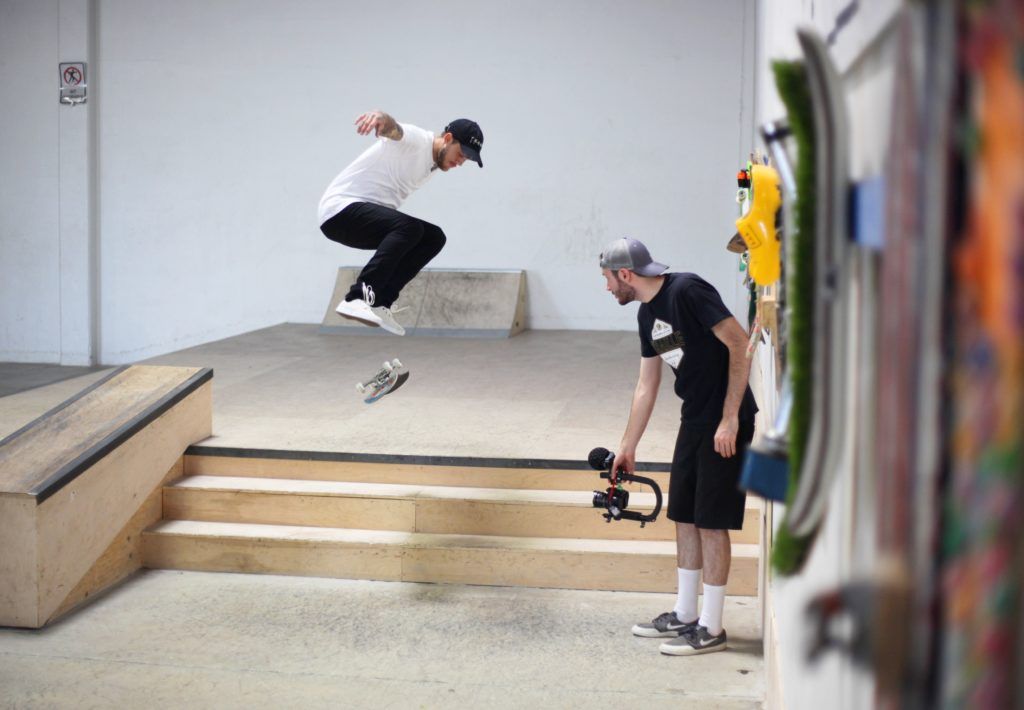 On the training field, athletes work on their weaknesses and improve their strengths in order to get to the next match with the best chance of success.
On the training field, athletes work on their weaknesses and improve their strengths in order to get to the next match with the best chance of success.
Football training equipment
Demix | Needle for inflating balls (3 pcs.) Demix
Buy
1999 ₽
Demix | Football goal Demix, 121 x 81 x 81 cm
Buy
New collection
4 299 ₽
SKLZ | Board tactical SKLZ Soccer Magnacoach
Buy
New collection
10 999 ₽
SKLZ | Screen for training SKLZ Pro training Soccer Volley
Buy
New collection
6 999 ₽
SKLZ | Chips for marking the field SKLZ, 40 pcs.
Buy
New collection
17,999 ₽
SKLZ | SKLZ Soccer Volley Net Practice Screen
Buy
New collection
12 999 ₽
SKLZ | SKLZ Pro Training Agility Pole Set, 2 pcs.
Buy
Demix | Demix Net 120 football goal net
Buy
195 RUB
279 RUB
adventure | Whistle
Buy
Demix | Whistle Demix
Buy
Demix | Demix ball inflation needle, 3 pcs.
Buy
Demix | Demix ball pump
Buy
Any football training is divided into three parts, tied to the aspects of preparation: physics, technique and tactics. All three directions complement each other and are necessary for the individual success of the athlete and the collective success of the entire team.
Physics
Physical training allows the athlete's body to be maximally adapted to high loads throughout the match.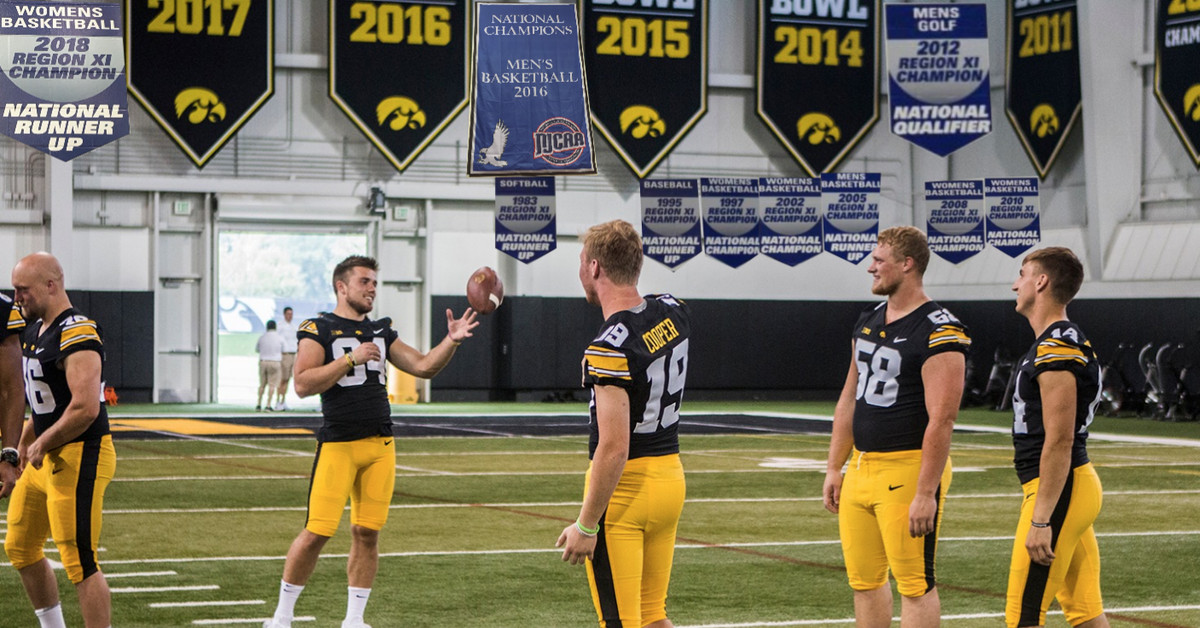 Perfect physics helps to run longer and faster, jump higher and hit the ball as sharply and powerfully as a football player is capable of. To achieve the best results in the game with the ball, you need to combine cardio and strength training.
Perfect physics helps to run longer and faster, jump higher and hit the ball as sharply and powerfully as a football player is capable of. To achieve the best results in the game with the ball, you need to combine cardio and strength training.
Cardio can be anything - running, swimming, skiing, cycling and any other activity at a high pace will do. Cardio includes interval training (required for sudden accelerations) and ball work that you do on the training field. Strength training consists of work with weights and exercises with your own weight. In addition to the lesson itself, you need to devote time to warm-up, hitch and recovery.
Technique
Technical training is the development of your ball handling skills. Usually such training includes work on dribbling, passing, shooting and tackles. Separate groups of exercises are needed for players of certain positions - goalkeepers, who need to pump jumps for the ball, saves and throw-ins, are especially different. Football players can improve some skills individually, such as ball control. But many skills, like crosses and tackles, can only be practiced in a team.
Football players can improve some skills individually, such as ball control. But many skills, like crosses and tackles, can only be practiced in a team.
Demix soccer balls
-30%
New collection Demix | Soccer ball Demix Thermo FIFA Quality Pro
Buy
3 999 ₽
Demix | Futsal ball Demix FIFA Quality Pro
Buy
4 199 ₽
Demix | Futsal ball Demix Thermo FIFA Quality Pro
Buy
2 999 ₽
Demix | Soccer ball Demix Hybrid FIFA Quality
Buy
5 899 ₽
Demix | Soccer ball Demix Thermo FIFA Quality Pro
Buy
2 999 ₽
Demix | Soccer ball Demix Hybrid FIFA Quality
Buy
5 899 ₽
Demix | Soccer ball Demix Thermo FIFA Quality Pro
Buy
1999 ₽
Demix | Soccer ball Demix Hybrid IMS
Buy
3 999 ₽
Demix | Soccer ball Demix Thermo FIFA Quality Pro
Buy
2 999 ₽
Demix | Soccer ball Demix Hybrid FIFA Quality
Buy
2 999 ₽
Demix | Soccer ball Demix Hybrid FIFA Quality
Buy
5 899 ₽
Demix | Soccer ball Demix Thermo FIFA Quality Pro
Buy now
Tactics
Tactical training makes a team unique. This is the theoretical side of football, when working on which standards, player placements and collective patterns are worked out for different attacking and defensive situations on the field. Only the whole team can work on tactics, usually classes are held on the training field or in a specially equipped room with a tactical board.
This is the theoretical side of football, when working on which standards, player placements and collective patterns are worked out for different attacking and defensive situations on the field. Only the whole team can work on tactics, usually classes are held on the training field or in a specially equipped room with a tactical board.
At the amateur level and in the minor leagues, tactical training comes down to improving the interactions within one's own team. Professionals study videos and advanced statistics, and often turn to analysts. The best clubs and teams not only improve internal interactions, but try to adapt their strengths to the weaknesses of the future opponent.
There is no perfect football training schedule. Each player and club will have their own training schedule: the Premier League team and the backyard team will work out differently. Real Madrid players train for several hours a day, but most lower league clubs and amateur players don't have much time to prepare.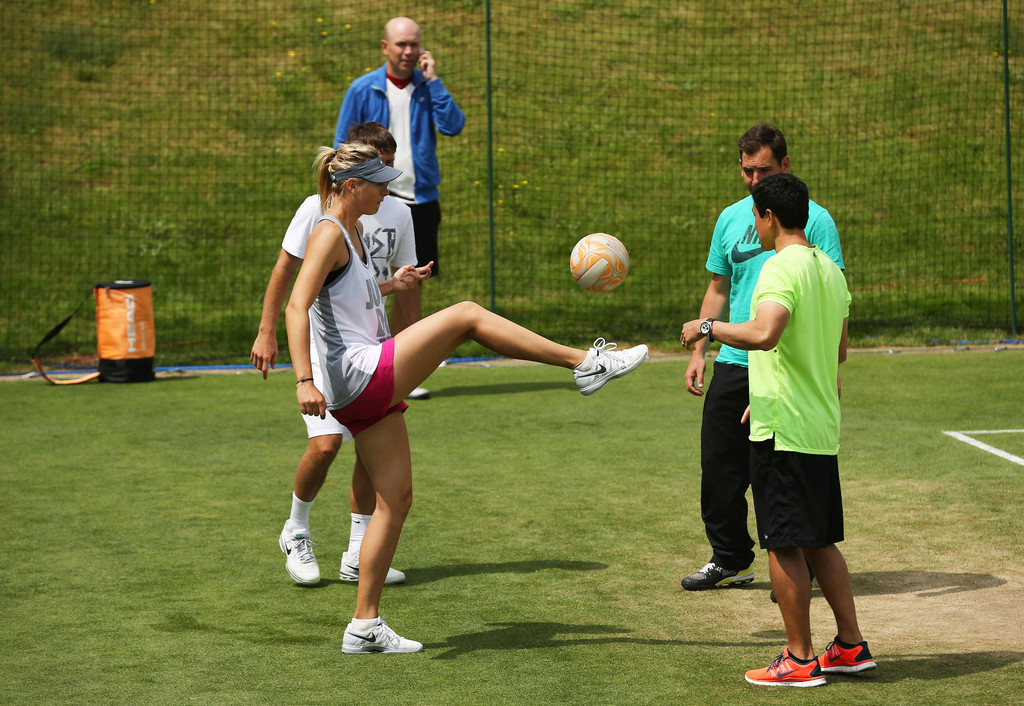
If football is your hobby, you have a job, a family and a personal life, it is unlikely that you will be able to devote as much time to training. It's not just about opportunities, it's unlikely that you will have enough strength for many hours of daily training with health benefits and football skills. This does not mean that it is useless for an amateur to train - you can significantly improve your game by devoting much less time to training than the pros spend on them.
Most non-professional teams have one or two team practices per week during the season. In the classroom, football players work on tactics and technique, if there is time left, they include physical exercises. If you want to improve your individual game, you will have to use your own time. Most of the work on power, flexibility and agility will be on you.
To dress your team in a bright and unique way, you can take advantage of a great offer on our website and create a kit in the kit designer.
Other football material
The best players in the history of football: forwards
Football
The best players in the history of football: midfielders
Football
The best players in the history of football: defenders
Football
"Chance". How girls from different parts of Russia made their way into professional football
Football Sports Support
The best goalkeepers in football
Football
Football leagues and clubs in Russia
Football
What do groups mean in football
Football
What does "total" mean in football
Football
Basic positions in football
Football
Forward in football: role and tasks
Football
Midfielder in football: role and tasks
Football
Defender in football: role and tasks
Football
How football practice goes
Football
How football has changed
Football
Soccer: how football is conquering America
Football
How women's football works in Russia
Football
History of the Gator battle in English football
Football
10 reasons for the popularity of football in Russia and in the world
Football
Is it worth giving a girl to football: pros and cons
Football
The ball flew to the fans. Is it possible to pick it up?
Is it possible to pick it up?
Football
The main changes in football rules in the history of the game
Football
Tricks and skills for backyard football with which you will become the king of the box
Football Video
Glossary of the main football terms that everyone should know
Football
Happy April Fool's Day! We collected the 10 best jokes about football
Football
Ronaldo at the gate, father-coach and demotivator.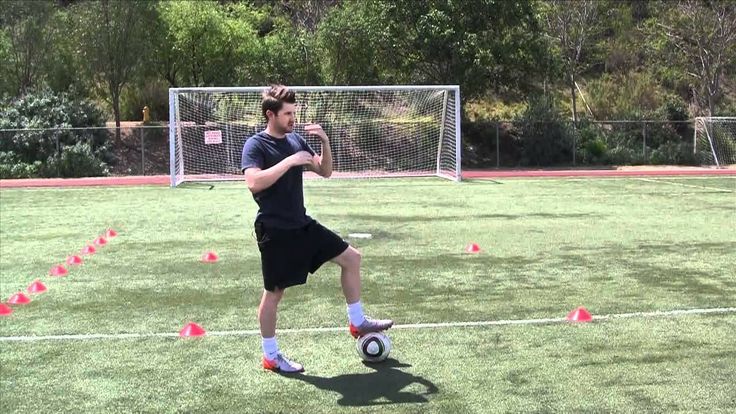 Why we love amateur football
Why we love amateur football
Football
Let's revive street football! Catch 9 cool games for any company
Football
History of football
Football
The benefits of football for mental health
Football
Football Skills You Can Practice at Home
Football
Winter training for football players.